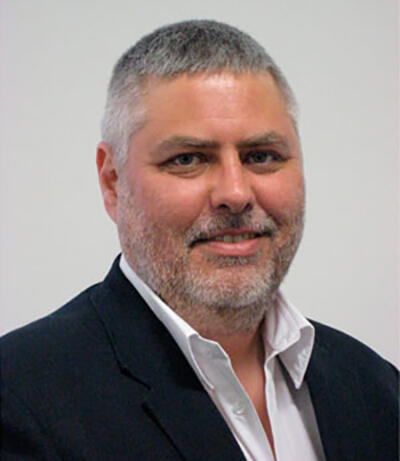
LSTM’s Parasitology Department has won two prestigious Grand Challenge Exploration (GCE) grants, an initiative funded by the Bill and Melinda Gates Foundation (BMGF). The projects of Dr Joseph Turner and joint applicants Dr Denis Voronin and Professor Mark Taylor are two winners of over 50 Grand Challenge Exploration Round 10 grants announced today by the BMGF
‘It is quite an achievement to win one of these Grand Challenge Exploration grants’, said Professor Mark Taylor (pictured) who is also Head of LSTM’s Parasitology Department, ‘let alone to win two of them, and even more so, both grants are for researchers working for the same laboratory within LSTM.’
The GCE grants funds individuals worldwide to explore ideas that can break the mould in how we solve persistent global health and development challenges. The winners demonstrated in their application a bold idea in critical global health and development topic areas that include agriculture development; neglected tropical diseases and communications.
Dr Turner’s will pursue an innovative global health and development project titled ‘small animal models of onchocericasis’. Dr Voronin and Professor Taylor’s project is titled ‘Turning the Worm Against its Symbiont: Discovering Wolbachia-cidal drugs to deliver short-term macrofilaricidal therapy against filarial nematodes’.
In his project Dr Turner will exploit gene-knockout technologies to develop a small animal model of onchocerciasis together with Professor Samuel Wanji’s team from Cameroon. The lack of a suitable small animal model of onchocerciasis hinders the development of new macrofilaricidal drugs. The challenge is to redefine critical immune responses that render mice resistant to either transplanted adult Onchocerca parasites or even their development to adulthood from infectious larvae by neutralisation of immune components by genetic and/or chemical manipulations. This new model could then be validated to increase the throughput of pre-clinical testing for novel macrofilaricidal drugs under development by the A·WOL consortium and other macrofilaricide drug development approaches.
Dr Voronin and Professor Taylor will in their project screen for drugs that activate the autophagy immune system of filarial worms to kill their essential bacterial symbiont, Wolbachia. Turning the immune system of the nematode against its own symbiont leads to killing of the bacteria, which will deliver a bactericidal action, compared with existing drugs that are bacteriostatic. This approach could significantly improve the anti-bacterial treatments for safe macrofilaricidal therapy of river blindness and elephantiasis, which are under development by the A·WOL consortium.
About Grand Challenges Explorations
Grand Challenges Explorations is a US$100 million initiative funded by the Bill & Melinda Gates Foundation. Launched in 2008, over 800 people in more than 50 countries have received Grand Challenges Explorations grants. The grant program is open to anyone from any discipline and from any organization. The initiative uses an agile, accelerated grant-making process with short two-page online applications and no preliminary data required. Initial grants of US$100,000 are awarded two times a year. Successful projects have the opportunity to receive a follow-on grant of up to US$1 million.